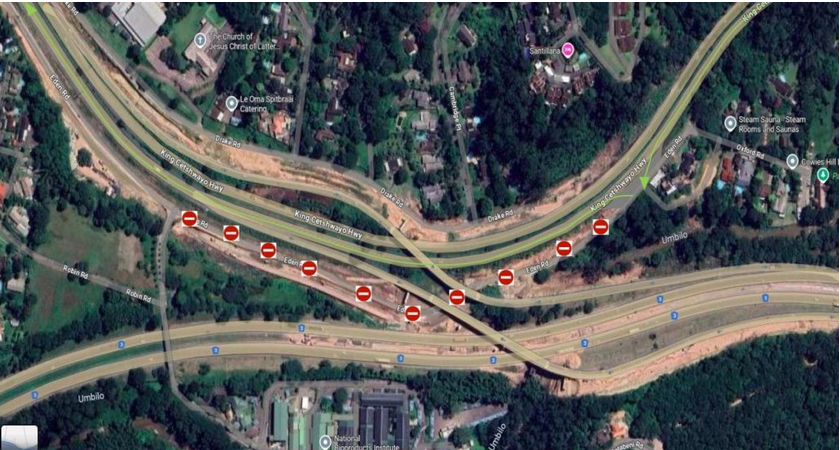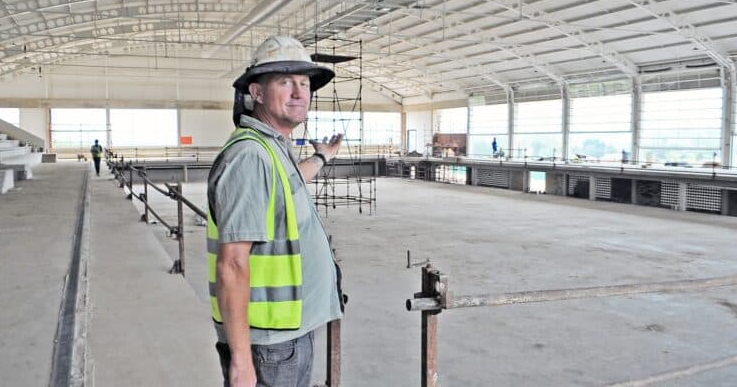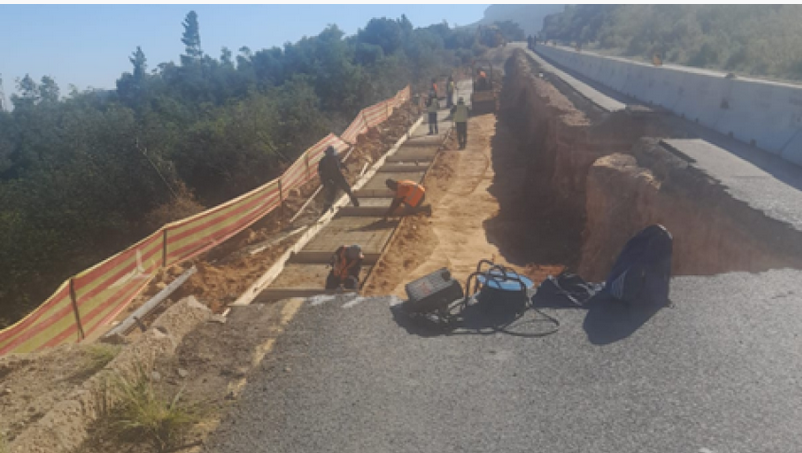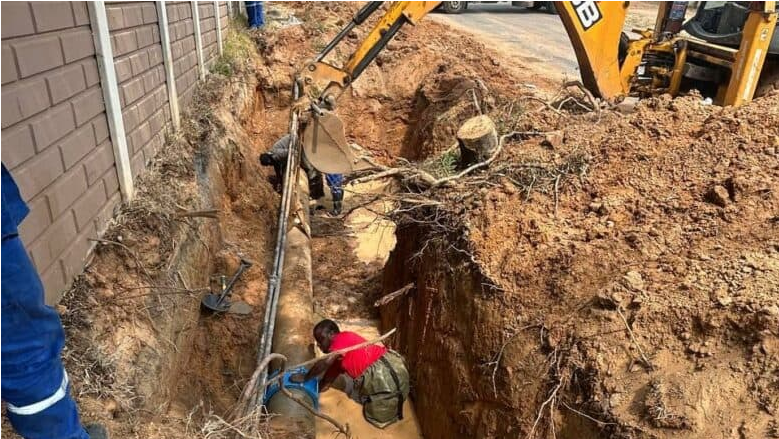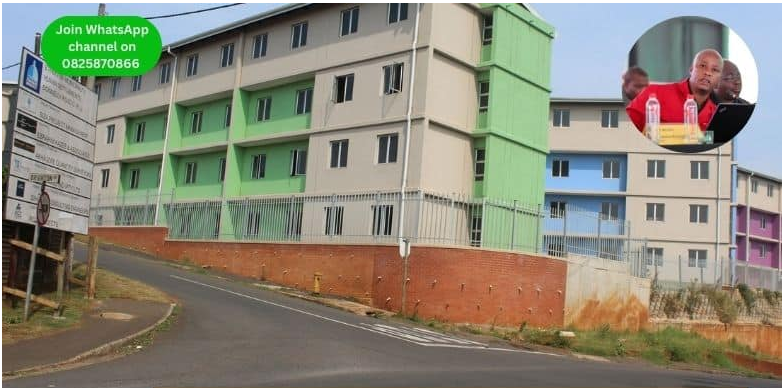R5k fine a month over delayed construction leaves gated estate residents fuming

Advertising
27-11-2020
Read : 415 times
IOL
Source
Johannesburg - People who purchased vacant stands in gated estates are being penalised up to R5 000 a month by homeowners’ associations for failing to build their homes within a certain time period – this despite the Covid-19 lockdown.
A Waterfall property owner, who asked not to be named for fear of victimisation by the homeowners’ association, asked why this was being allowed during lockdown.
“Does it make sense to apply the rules of fining heavy penalties for delayed building projects in the established estates? The entire world, including South Africa, has major economic challenges. I am being charged R5 000 each month for a delayed building project. This is too heavy and very unfair.
“I wrote to them in May to raise concern, then without even acknowledging my letter, they suspended the fines for two months only and have since July, re-instated the fines.
“The rational way could have been to suspend all fines for the entire duration of the state of emergency,” he added.
Attorney Chantelle Gladwin-Wood says this is a complicated matter.
There are two different types of penalty clauses that might apply.
The first is a “re-transfer” clause, which is contained in the sale agreement and title deed. It says something like (in layman’s terms) “if you don’t build within 18 months of taking ownership, we can reverse the transfer and take the stand back.”
The high court said the clause that says that they can take the land back if you don’t build in time, is probably unconstitutional. However, in other cases, the same court or a superior court has enforced the “re-transfer clause”.
The second type of penalty clause is contained in the body corporate rules or home owner association rules and says that if building doesn’t take place within a certain time period, a penalty charge can be added to the levy statement.
The court has held, in other cases, that these types of penalty charges, recurring at double or triple the normal levy, were lawful in principle.
However, it is clear that such a levy must be imposed after due process has been followed – meaning that any warning/breach notices provided for have been adhered to.
In addition, the body imposing the charge needs to be properly authorised by its own documents to actually impose that charge.
At the end of the day, said Gladwin-Wood, it normally comes down to the laws of contract – which apply to both to the homeowners association and body corporates.
“It is recognised in our law that a person buying into an estate or body corporate willingly becomes a member on the terms/conditions contained in those rules, which means they agree to be bound by them,” she said.
Impossibility of performance is a defence that could be raised by people who cannot comply with a condition in a contract due to something external and beyond the control of that person. But there are two versions of this defence.
The first is “force major”. This only comes into play if there is actually a clause in the contract that says that this applies.
The second is “supervening impossibility”. The words used here are “vis major” and “casus fortuitous”. The idea is that if something happens that objectively prevents a person from performing, (in specified ways), then they can’t be held liable for non-performance.
“I would hazard a guess that a court would find that supervening impossibility does not assist owners who had enough money to buy a property knowing full well that they needed to build a house on it in a certain time period, because they freely and voluntarily entered into this.
“However, a sympathetic court faced with a good argument to develop the law might find differently,” added Gladwin-Wood.
The Star
Recent News
Here are recent news articles from the Building and Construction Industry.
Have you signed up for your free copy yet?
